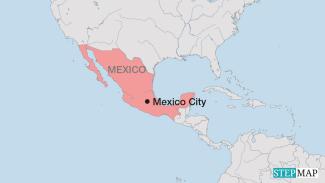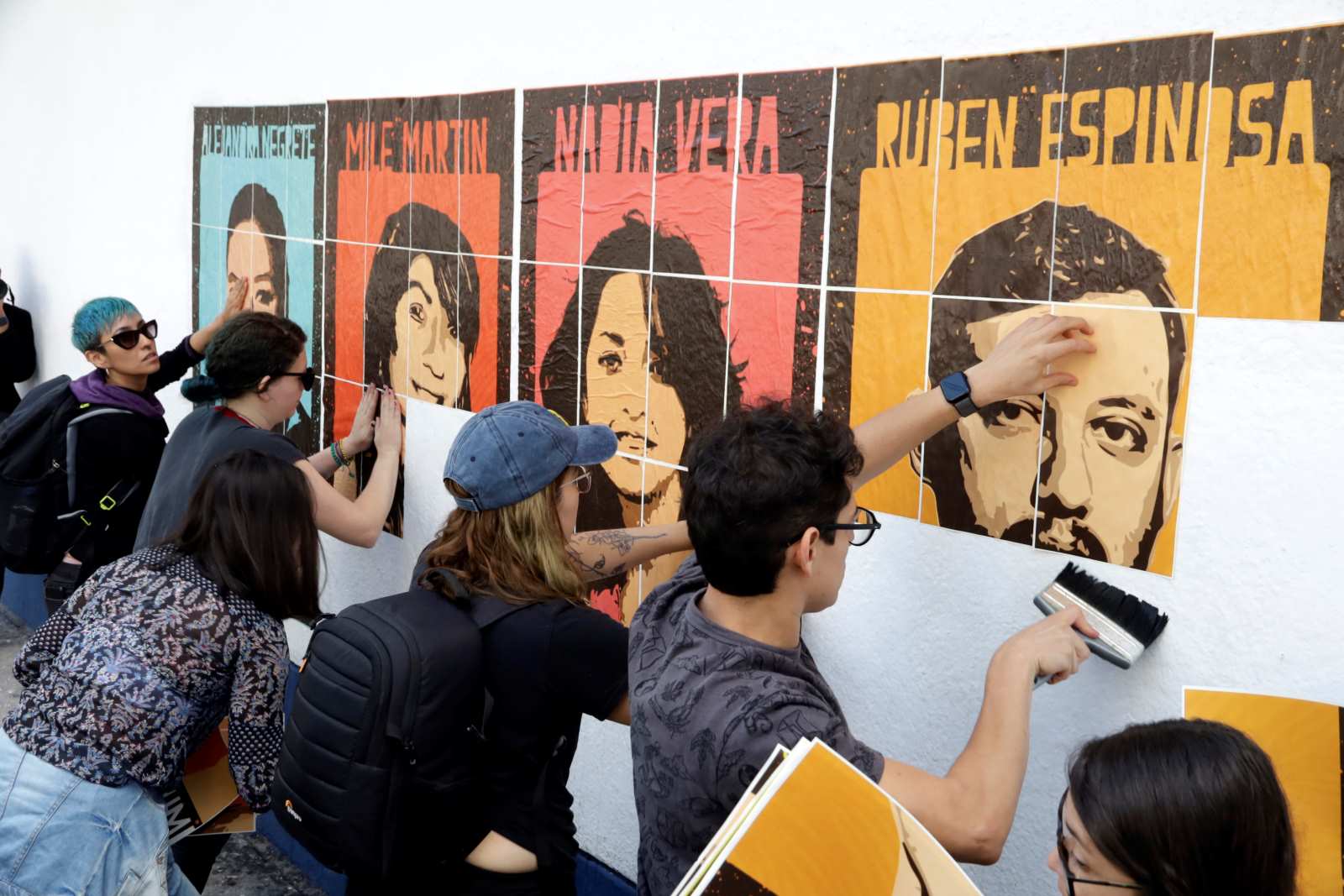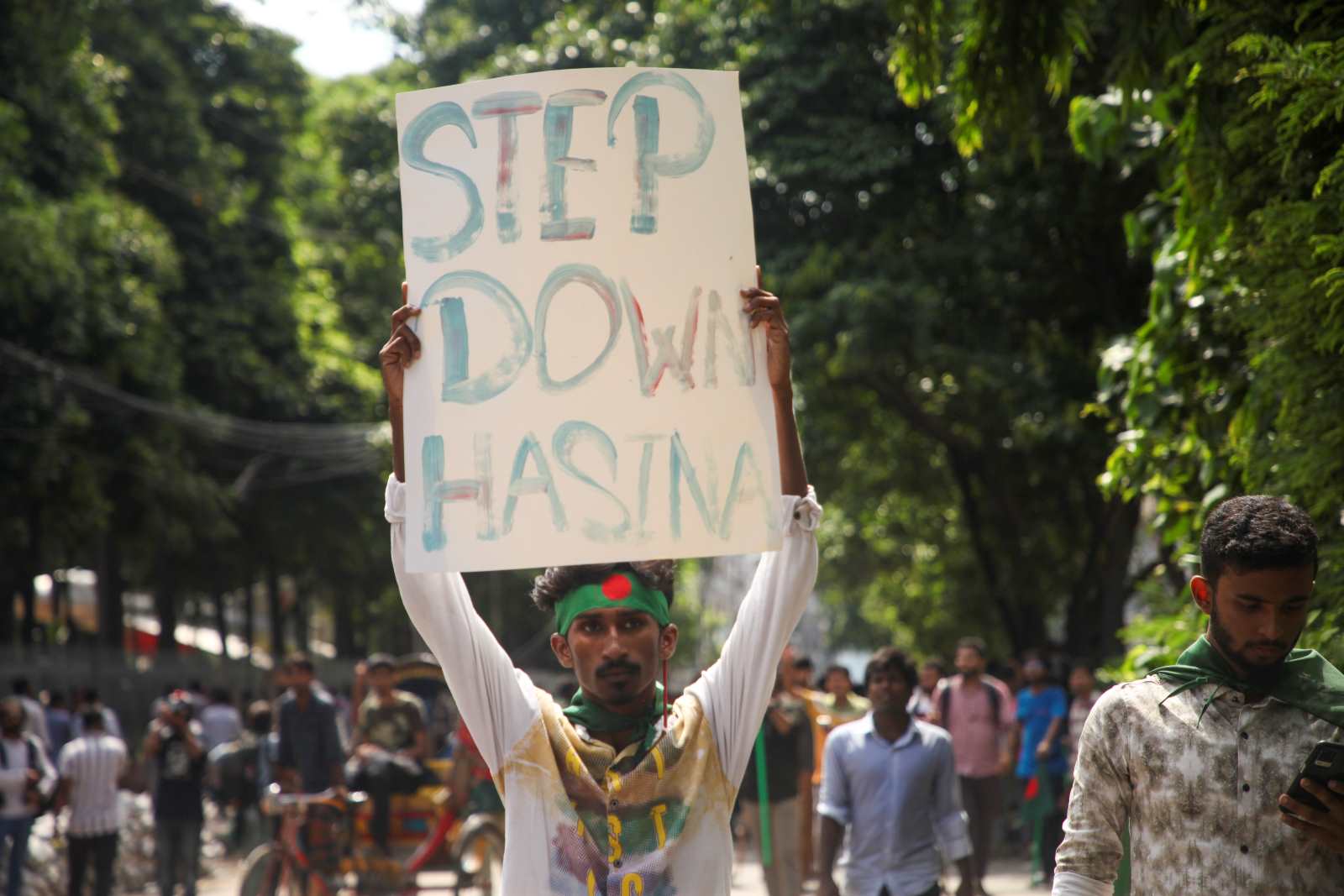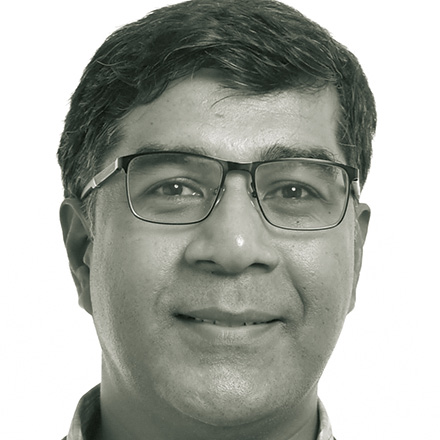Youth participation
Rallying young Mexicans against corruption

Corruption continues to be one of the greatest obstacles to global development. The most recent Corruption Perceptions Index (CPI) published by the civil-society organisation Transparency International highlights the need for more effective measures to address it.
Mexico, with 26 points, ranks 140th out of 180 countries, falling into the “highly corrupt” category alongside countries like Iraq and Nigeria. According to the National Survey on Governmental Quality and Impact (ENCIG) 2013-2023 , six out of 10 people who interacted with public-security authorities for traffic incidents, infractions or administrative offences fell victim to corruption.
With such an alarmingly high prevalence of corruption, one would expect victims to act. This is not the case, however, as many people opt not to report acts of corruption. The most common reasons include the belief that reporting is useless (29.5 %) or that corruption is a common practice anyway (12.6 %).
Therefore, to fight corruption adequately, it is not enough to rely solely on legal frameworks and institutional structures. Active participation of individuals is needed, too. We must invest in initiatives that encourage a change in behaviour and support civil action against the vice.
Behavioural change with positive actions
Mejor México , a non-profit organisation established in 2016 , seeks to do exactly this. The organisation is offering programmes to university students in Mexico where they can learn about what corruption is, why it is so dangerous, and how they can help fight it.
The programmes promote positive actions that encourage honesty and behavioural change. As Jorge Mireles , executive director of Mejor México states, the key is for each person to recognise the opportunities to be corrupt and have “the tools to say no to corruption, break the vicious cycle and gradually transform it into a virtuous act.”
To achieve this change, Mireles highlights three fundamental pillars: “The first is that leaders must be committed to saying no to corruption and reflect on their actions. Second, there must be a legal and institutional framework that regulates ethical behaviour. And third, which is the most important for us, there must be citizen awareness and participation.”
ConversAcciones , one of the flagship programmes of Mejor México, focuses precisely on fostering this awareness and participation among young people aged 18 to 29. The programme aims to involve university students in designing and implementing strategies that promote behavioural change in the fight against corruption.
Community events and digital large-scale campaigns
The programme unfolds in two stages: The first, “Conversa”, consists of information, co-creation and reflection spaces where young people design proposals to change behaviours and attitudes. The second, “Acciones,” focuses on implementing these strategies in their communities and measuring their impact. At the end of the programme, participants present their strategies at a virtual event where the audience evaluates the results for creativity, impact and value. Since its launch in 2022, ConversAcciones has engaged more than 6500 young people from over 80 public and private university campuses across 54 cities in 25 states of the country.
Mejor México, with the support of several companies and foundations, has managed to reach many people through large-scale digital campaigns such as #NoDoyMordidas (“I don’t give bribes”) , forums, webinars, ethics and corruption contests, as well as events in movie theatres.
Pamela Cruz is the Special Projects Coordinator at Comunalia, a network of community foundations in Mexico.
pamela.cruzm@gmail.com
















